News
-
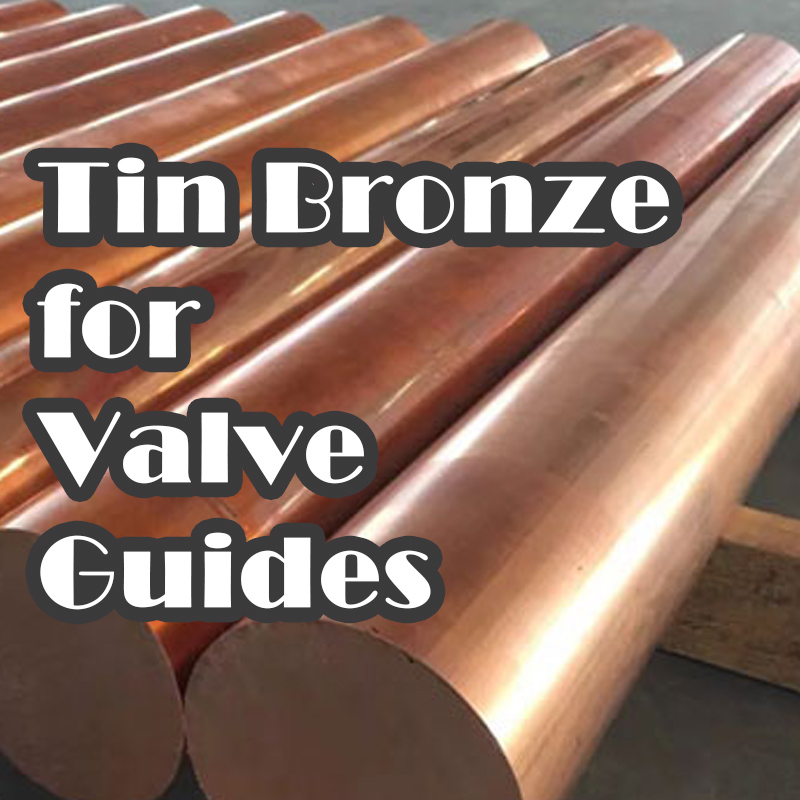
Tin Bronze for Valve Guides
Internal combustion engines rely on the specific properties of several metals. Each function of the engine requires the metal used to operate reliably. There have been several materials that are normally used for valve guides.Cast iron f... -
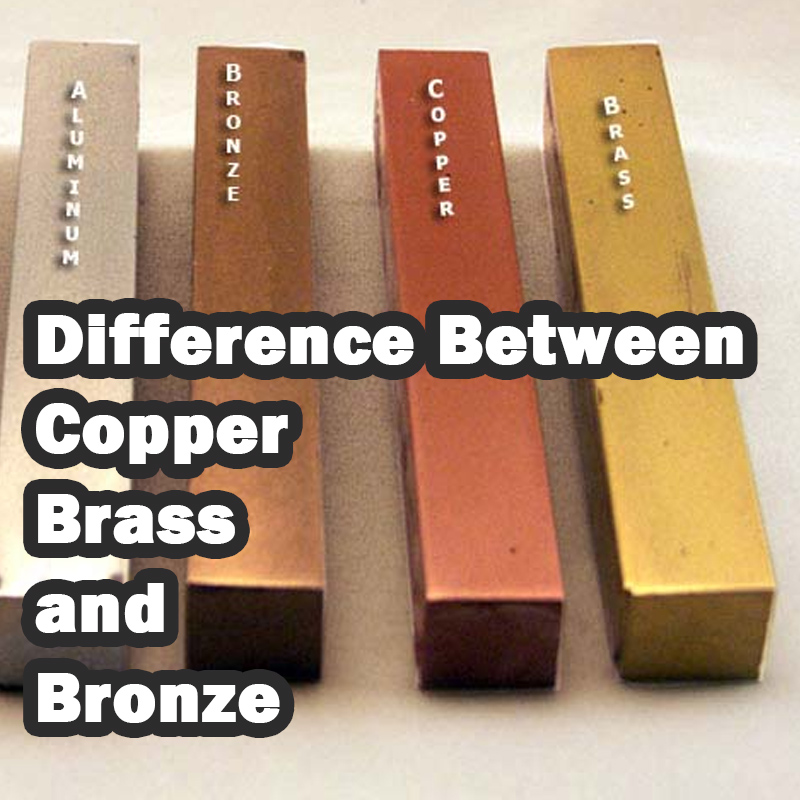
Difference Between Copper, Brass and Bronze
Copper, brass, and bronze are part of a category of metals known as “red metals”, which are characterized by their reddish tint. While copper is a pure metal, brass and bronze are copper alloys (brass is a combination of copper and zin... -

Aluminum (Al)-Household wiring
Aluminum (Al)-Household wiringMain article: Aluminium wireBecause of its high conductivity and relatively low price compared with copper in the 1960s, aluminium was introduced at that time for household electrical wiring in North America... -

Aluminium alloy-Heat sensitivity considerations
Heat sensitivity considerationsOften, the metal's sensitivity to heat must also be considered. Even a relatively routine workshop procedure involving heating is complicated by the fact that aluminium, unlike steel, will melt without ... -
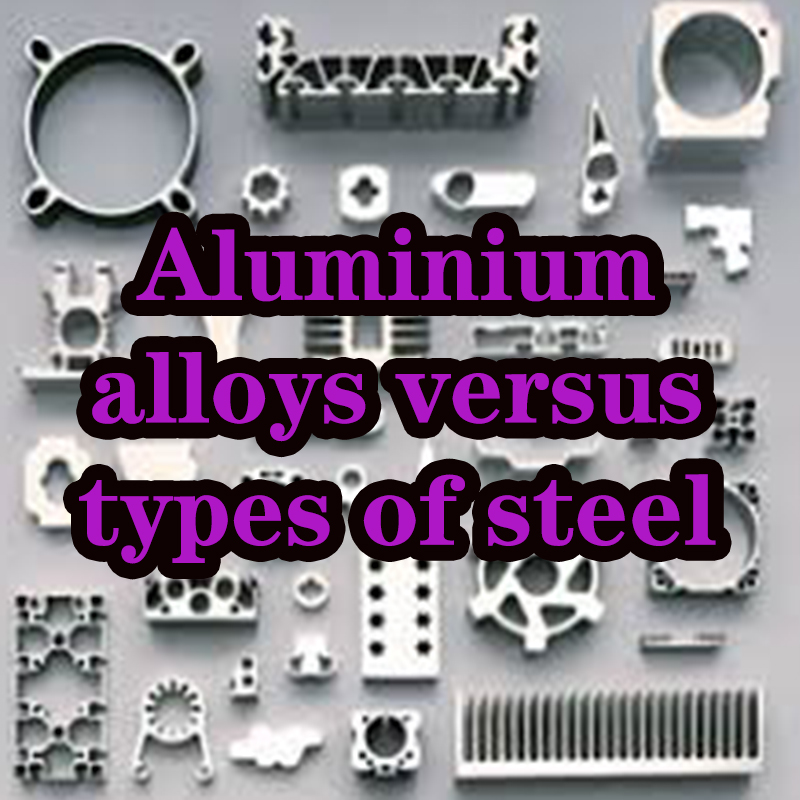
Aluminium alloys versus types of steel
Aluminium alloys versus types of steelAluminium alloys typically have an elastic modulus of about 70 GPa, which is about one-third of the elastic modulus of steel alloys. Therefore, for a given load, a component or unit made of an alumin... -
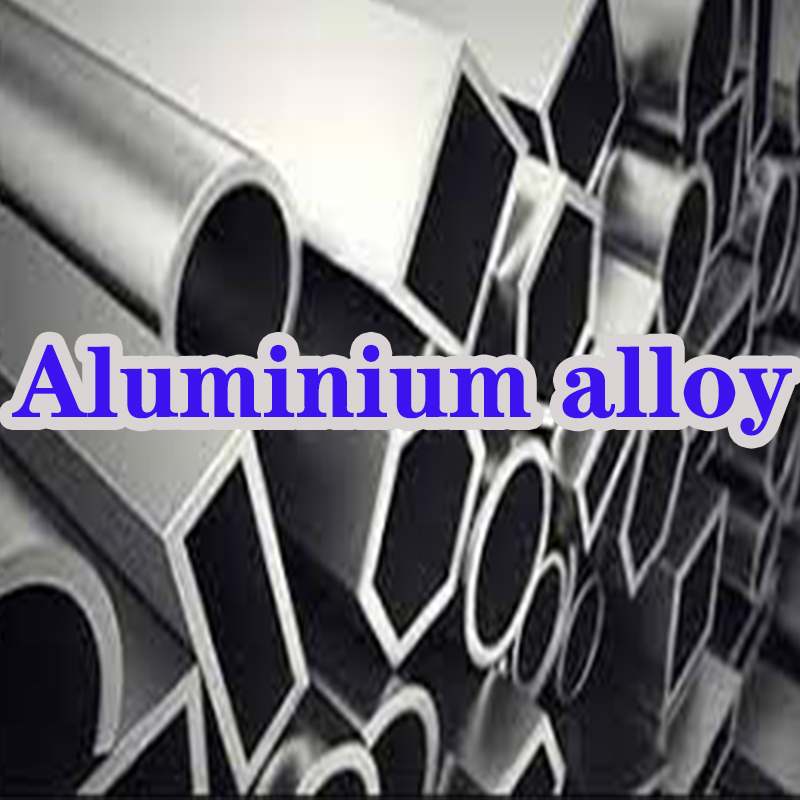
Aluminium alloy
An aluminium alloy is an alloy in which aluminium (Al) is the predominant metal. The typical alloying elements are copper, magnesium, manganese, silicon, tin, nickel and zinc. There are two principal classifications, namely casting alloy... -
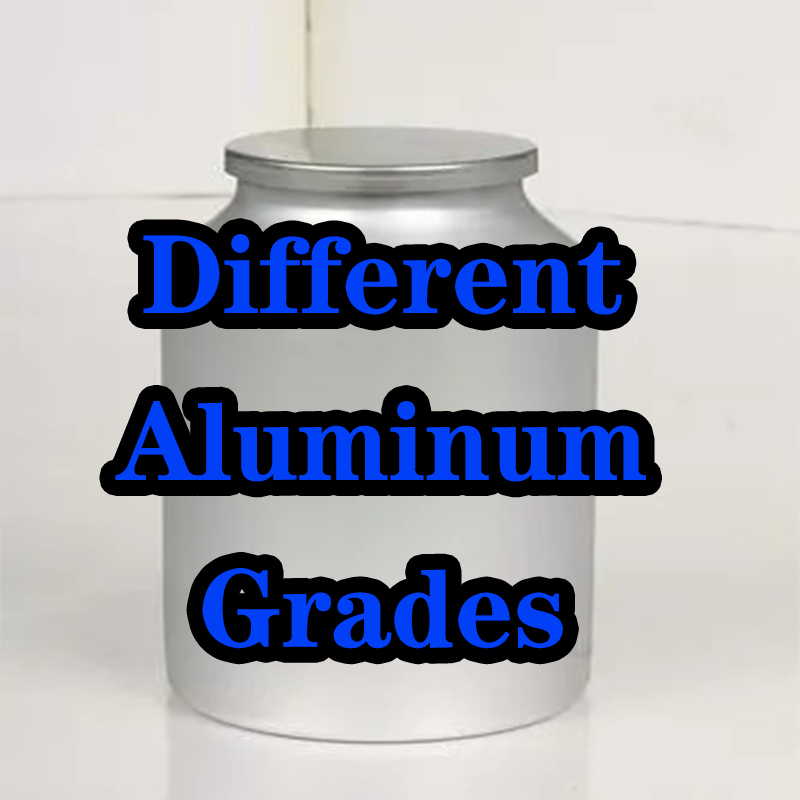
Different Aluminum Grades
Different Aluminum GradesThe first thing you need to know about aluminum is the different grades that are available. Aluminum comes in three basic types: 1100, 3003, and 6061. The grade of the aluminum will determine the end-use applicat... -
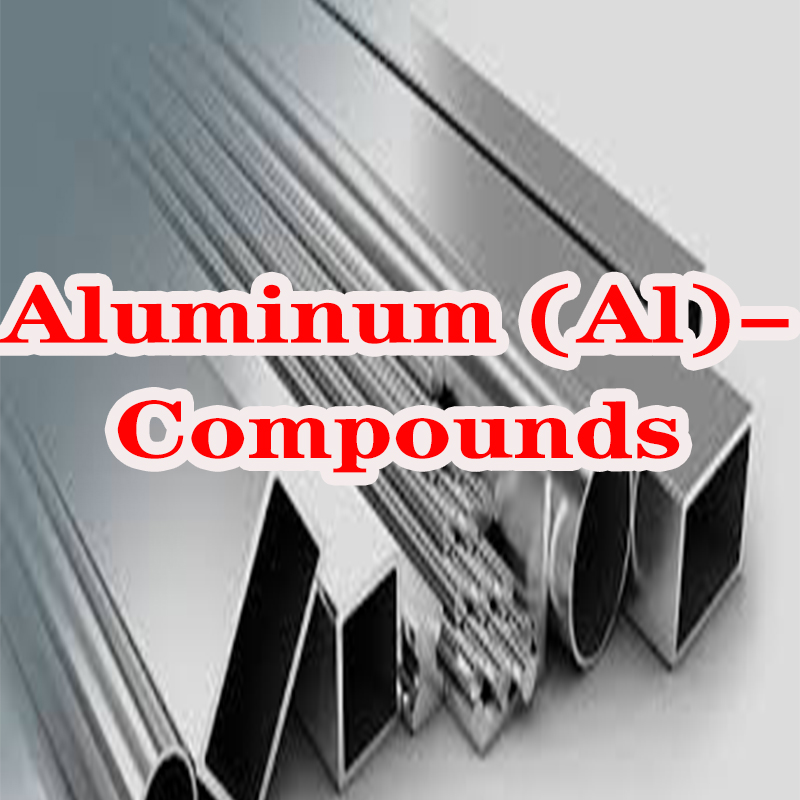
Aluminum (Al)-Compounds
CompoundsOrdinarily, aluminum is trivalent. At elevated temperatures, however, a few gaseous monovalent and bivalent compounds have been prepared (AlCl, Al2O, AlO). In aluminum the configuration of the three outer electrons is such that ... -
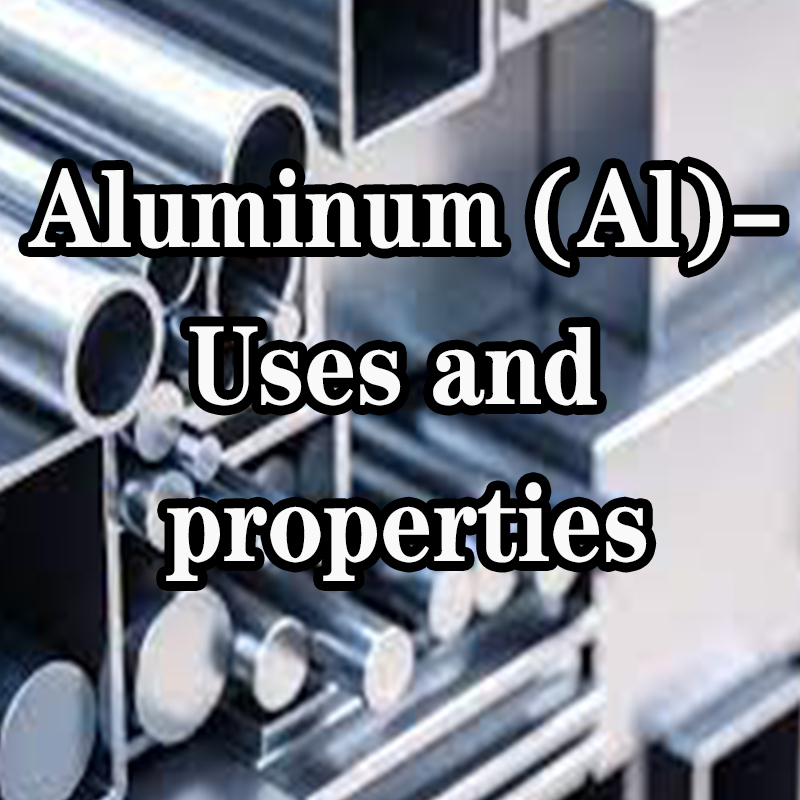
Aluminum (Al)-Uses and properties
Aluminum (Al)-Uses and propertiesUses and propertiesAluminum is added in small amounts to certain metals to improve their properties for specific uses, as in aluminum bronzes and most magnesium-base alloys; or, for aluminum-base alloys, ... -
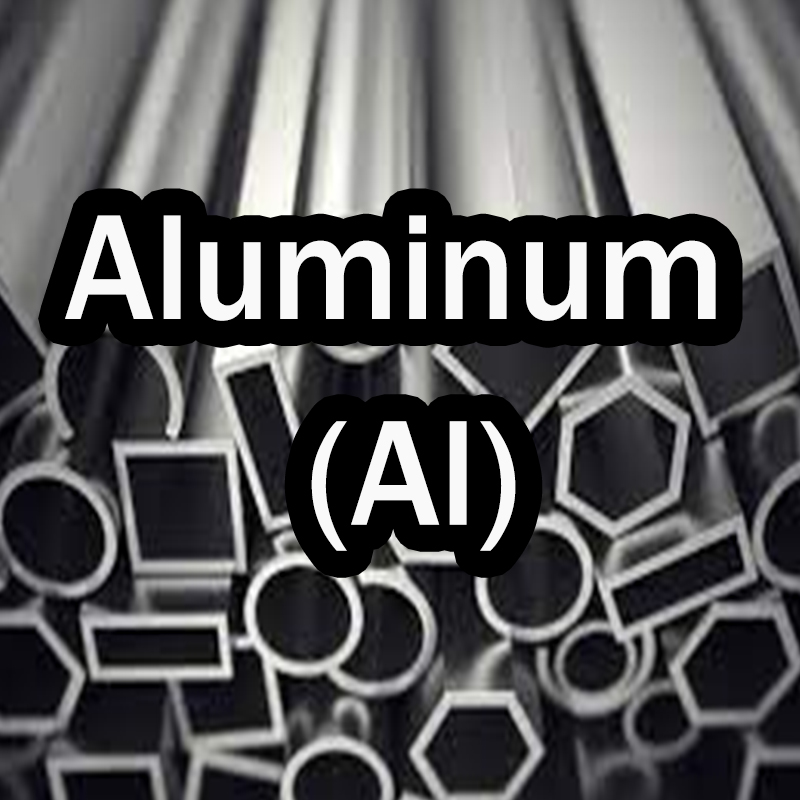
Aluminum (Al)
Aluminum (Al)Aluminum (Al), also spelled aluminium, chemical element, a lightweight silvery white metal of main Group 13 (IIIa, or boron group) of the periodic table. Aluminum is the most abundant metallic element in Earth’s crust and t... -

Types of Titanium Alloys
Titanium is considered to be one of the strongest metals.Its strength, heat, water and salt resistance, and its light weight make it the ideal metal for a variety of applications. These applications range from jewelry and dental implants...
